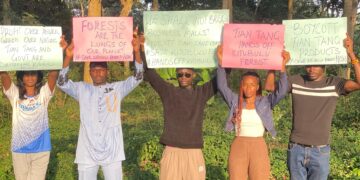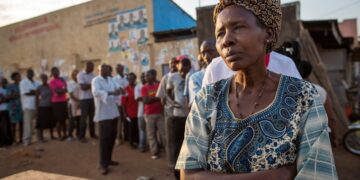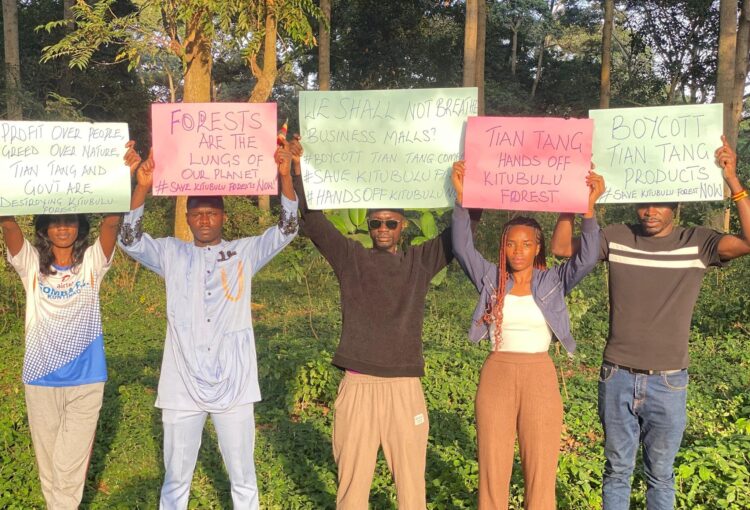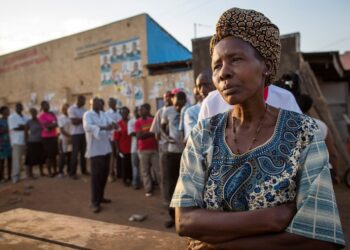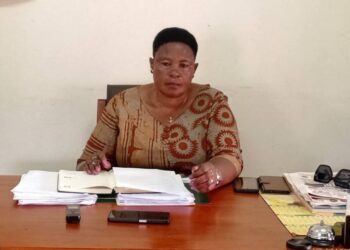OPINION
The Ugandan government recently made a highly contested decision to allocate 150 acres part of Kitubulu Central Forest Reserve, located in Entebbe, to the Chinese company Tian Tang Group for redevelopment. Officially, the area is set to host government offices and a commercial shopping mall. However, this move has sparked strong outrage among civil society, environmental defenders, and local communities who denounced it as a betrayal of Uganda’s ecological commitments and a threat to future generations.
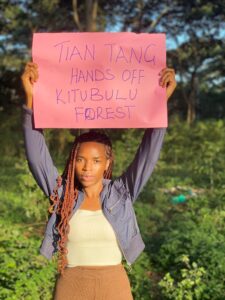
Kitubulu Forest is a vital ecosystem, essential for biodiversity, local climate regulation, and filtering the waters of Lake Victoria. Turning it into a commercial zone would weaken its natural climate resilience, increase air and water pollution, and accelerate deforestation. The destruction of such a green space puts local species and the broader ecological balance at great risk, deepening the climate crisis in the country.
Beyond the environmental impact, this project highlights a deep social injustice. The citizens of Entebbe, who rely on the forest for environmental education, culture, and recreation, are seeing their right to natural space violated without consultation. Local communities already vulnerable to climate change will be the first to suffer the consequences of this imposed destruction. It is a top-down decision that ignores the principles of participatory governance.
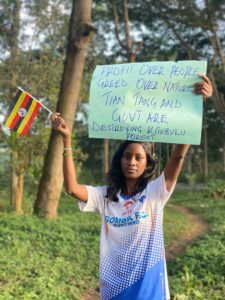
Voices are rising to strongly condemn this project, viewed by many as the sacrifice of a public good for foreign economic interests. Citizens are calling for national and international mobilization to stop this destructive plan. The fight for Kitubulu Forest is also a fight for climate justice, ecological sovereignty, and the protection of human rights. Together, let’s protect what remains of our forests.
By Nuwamanya Mercy
Email: nuwamanyamercy94@gmail.com
